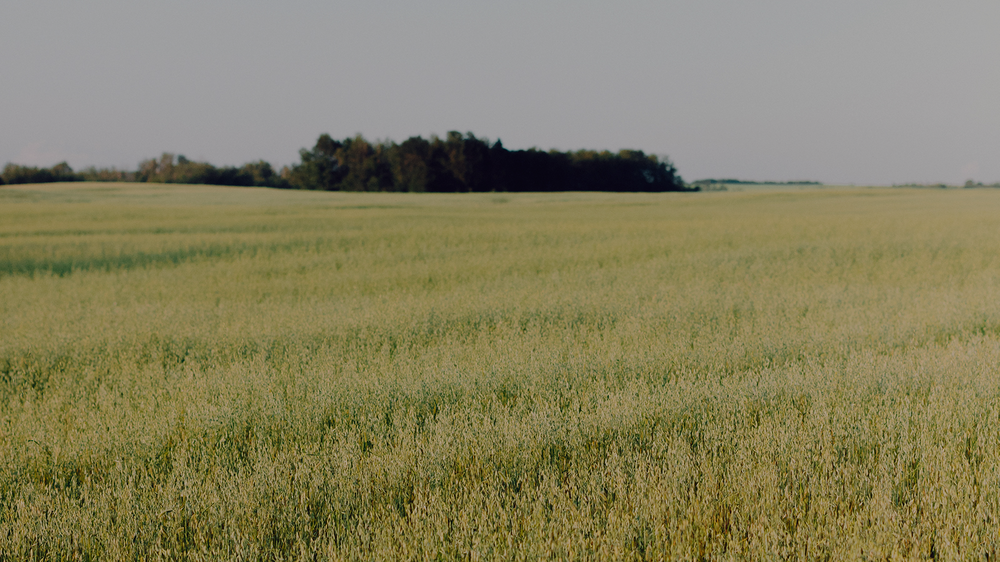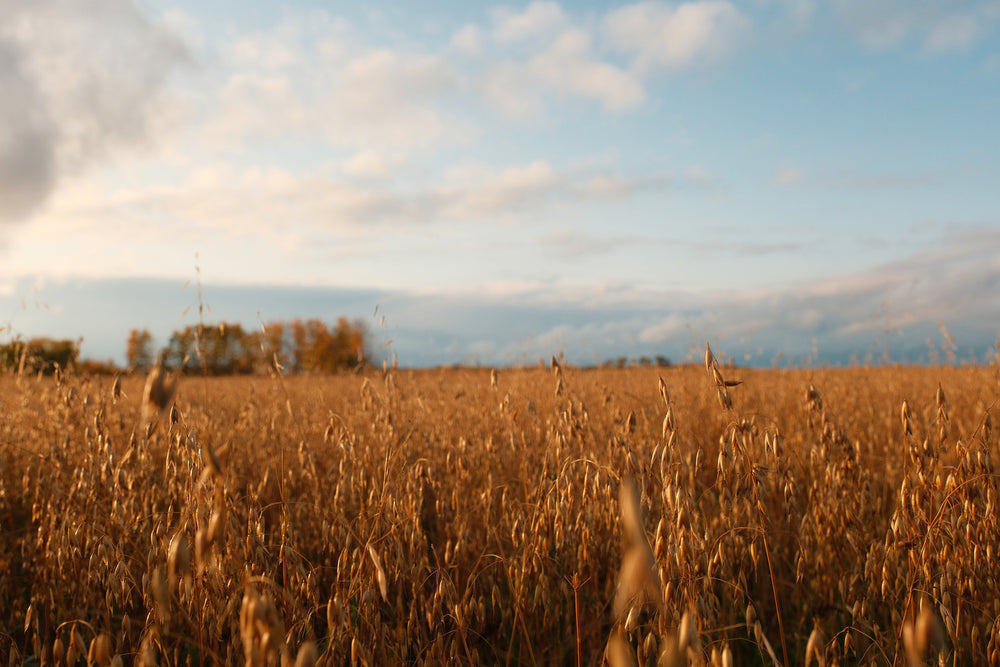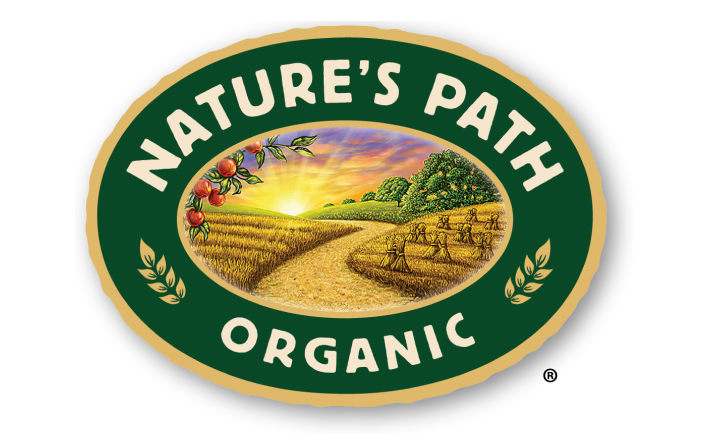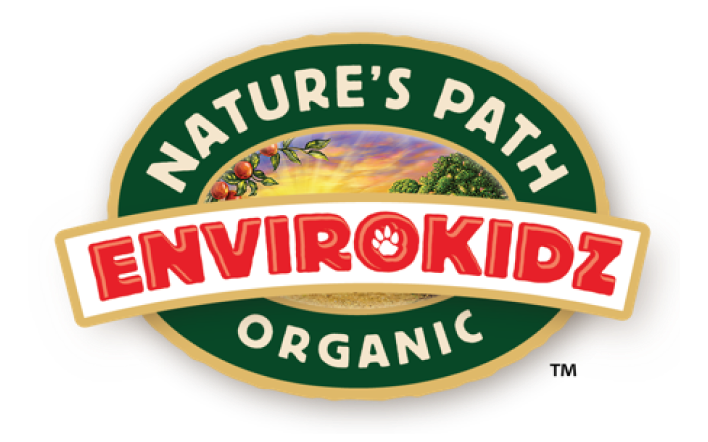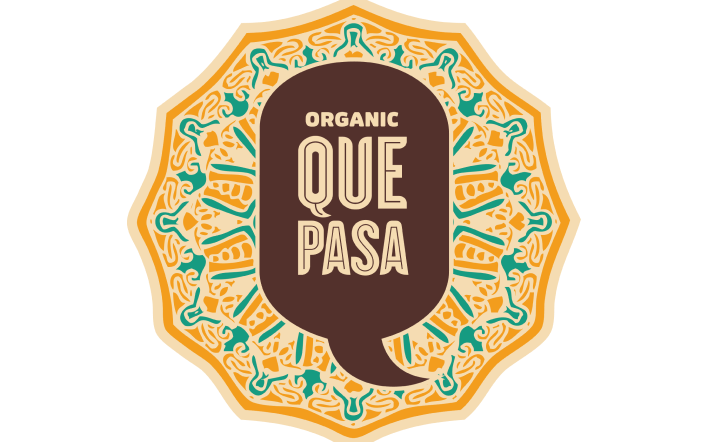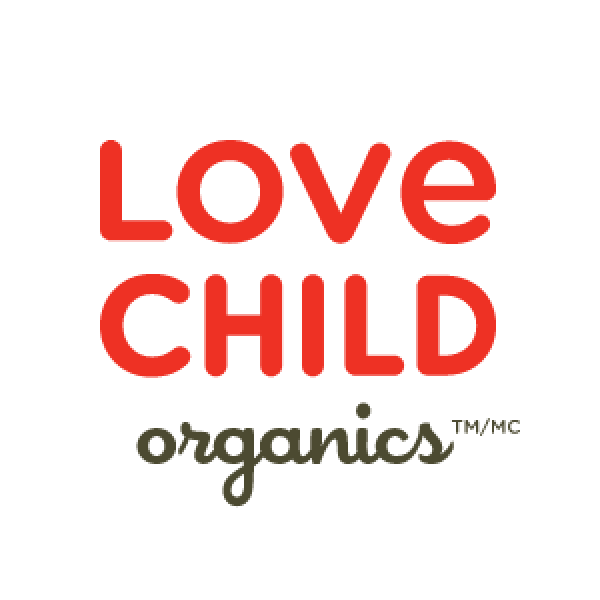
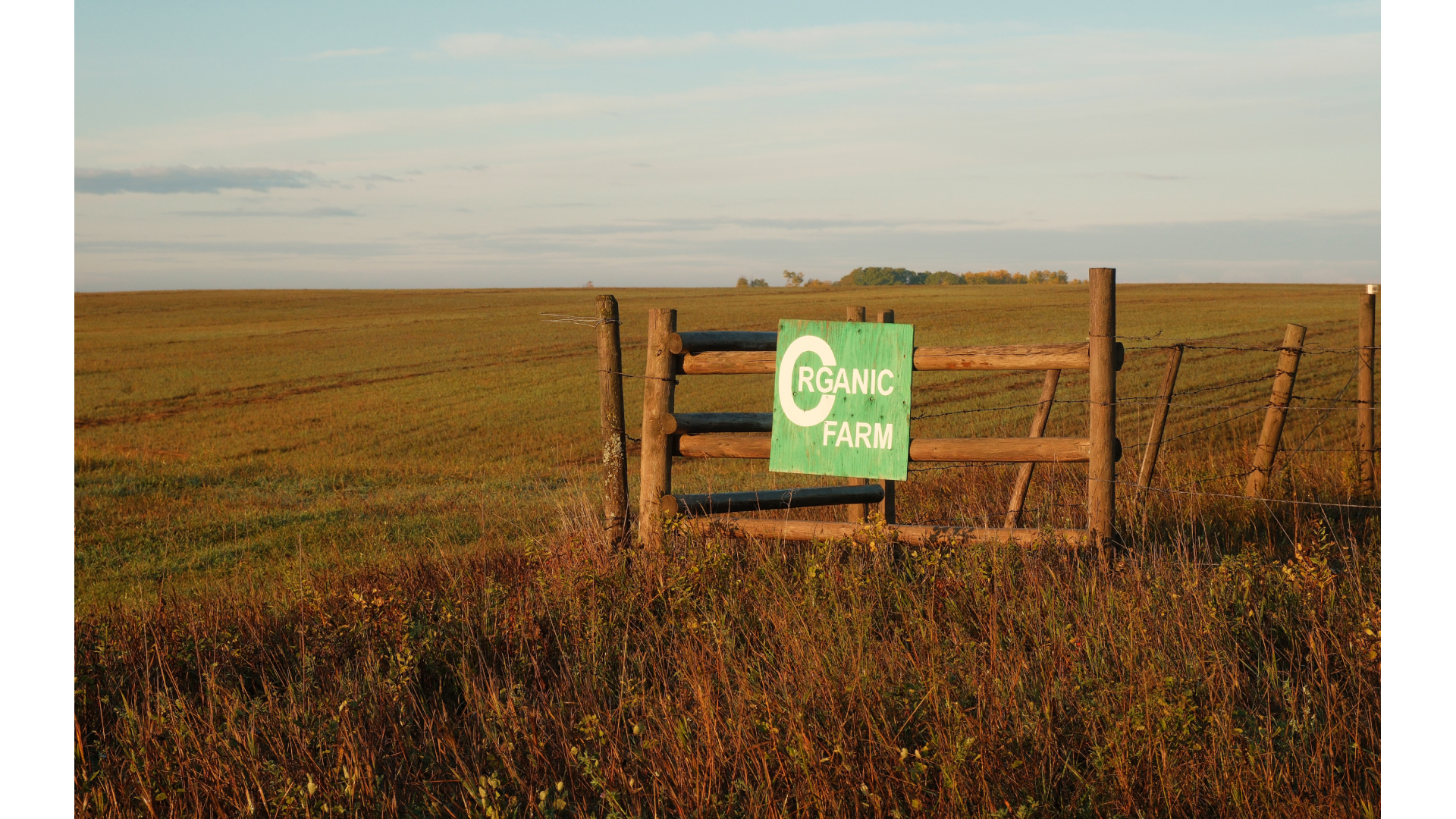
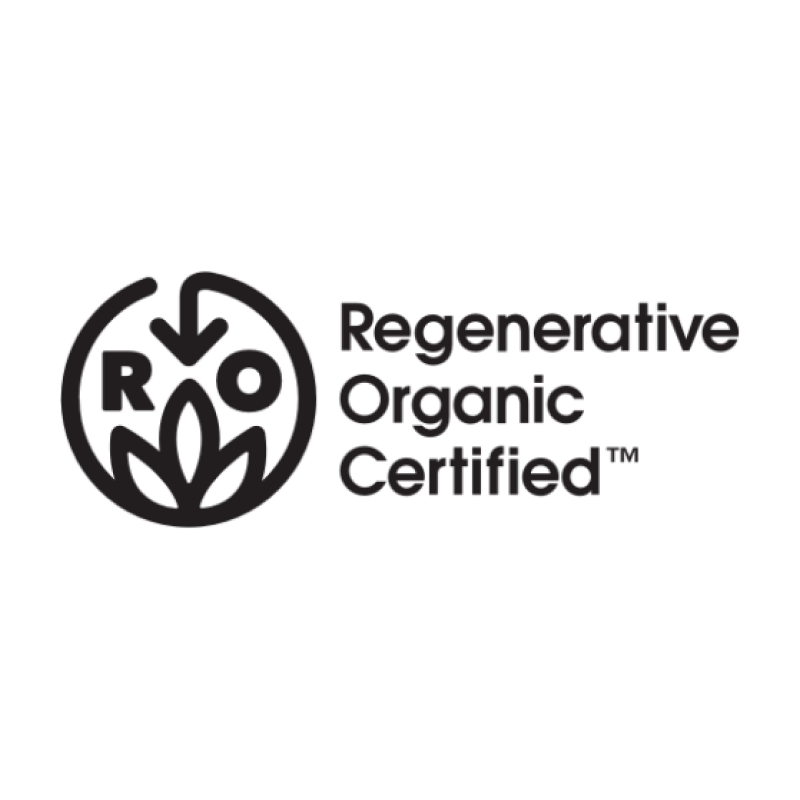
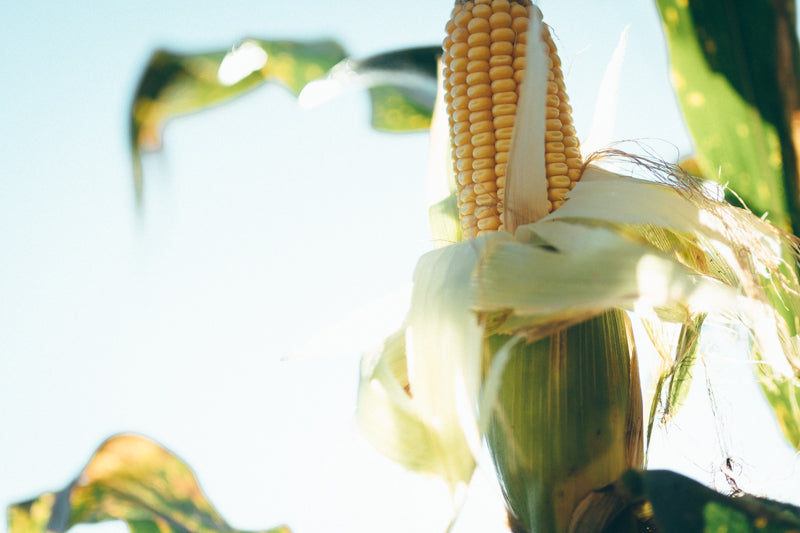
What Is Regenerative Organic Agriculture?
It is based on three pillars: a high standard of land management that focuses directly on practices that help sequester carbon in soil, the welfare of farm animals, and fairness for farmers and workers. This practice aims at pulling even more carbon from the atmosphere by using very specific farming techniques. For farms to receive Regenerative Organic Certification*(ROC) they have to apply to the Regenerative Organic alliance (ROA), and be inspected to the ROC standard.
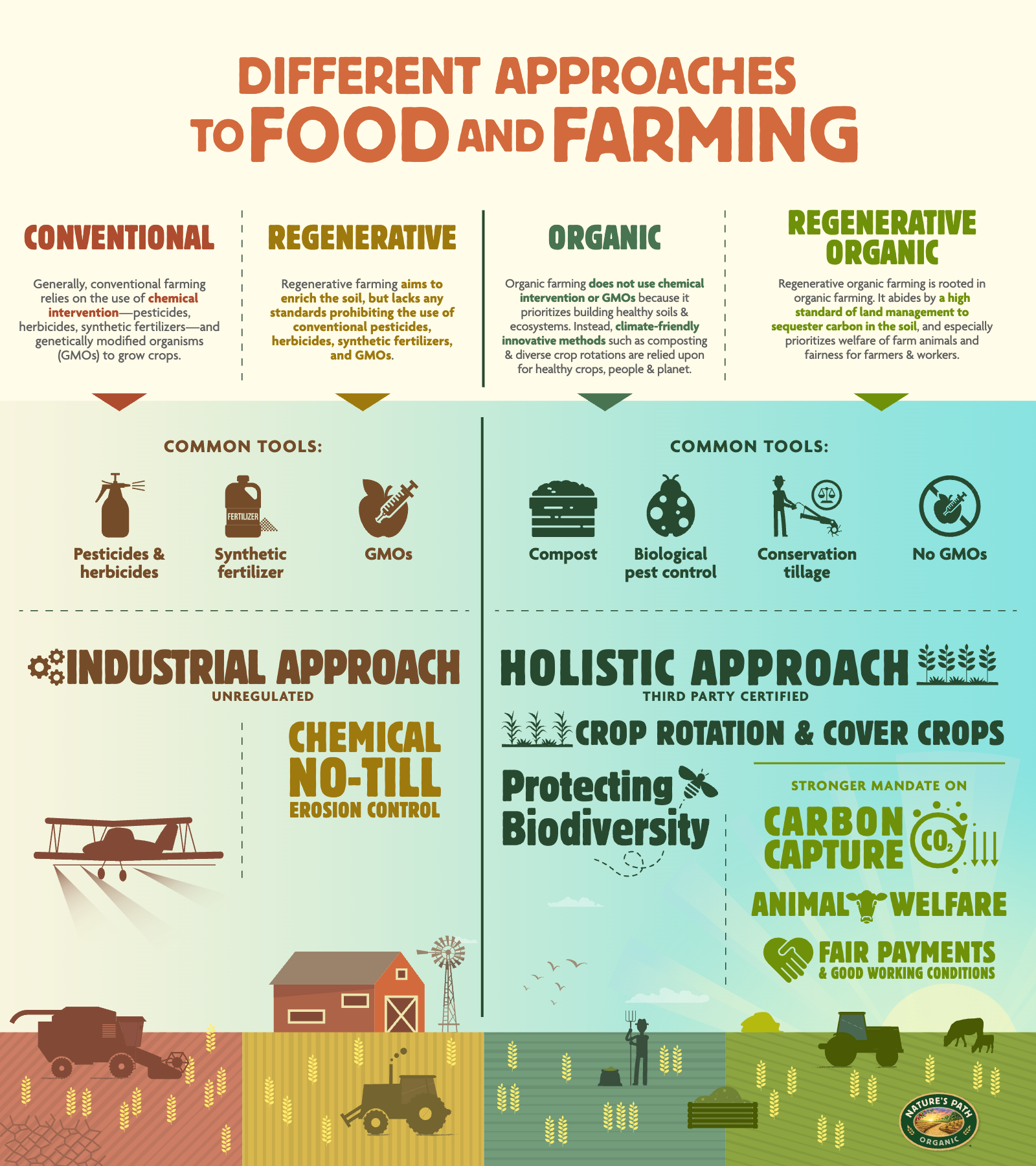
Frequently Asked Questions
What is the significance of a regenerative organic certification?
What is the significance of a regenerative organic certification?
Regenerative Organic Certified (ROC) products contain ingredients that have been grown in a way that promotes biodiversity and prioritizes the well-being of growers and producers. The certification was developed in 2017 by the Regenerative Organic Alliance and signifies an even more positive impact on the planet than standard organic farming practices.
What impact does regenerative organic farming have on the planet?
What impact does regenerative organic farming have on the planet?
While organic farming forgoes the use of pesticides, herbicides, synthetic fertilizers and genetically modified organisms (GMOs), regenerative organic farming goes a step further, adhering to an even higher standard of land management that sequesters carbon into the soil. Regenerative organic farming takes a holistic farming approach which includes heavy use of compost, biological pest control, non-GMO seeds, crop rotation and cover crops. It helps protect biodiversity, draws carbon from the atmosphere and actually works to reverse climate change (yes, really!).
What are the benefits of choosing regenerative organic certified products?
What are the benefits of choosing regenerative organic certified products?
When you purchase ROC products, you’re using your dollars to help fight climate change and social injustice. As you sit down to consume one of our regenerative organic certified foods, you can be confident that one (or more) of the ingredients was grown using farming methods that help heal the planet, while also respecting animals and farmers. You can feel proud that you are joining a global movement that is creating long-term solutions to the climate crisis, factory farming, and rural economies.


